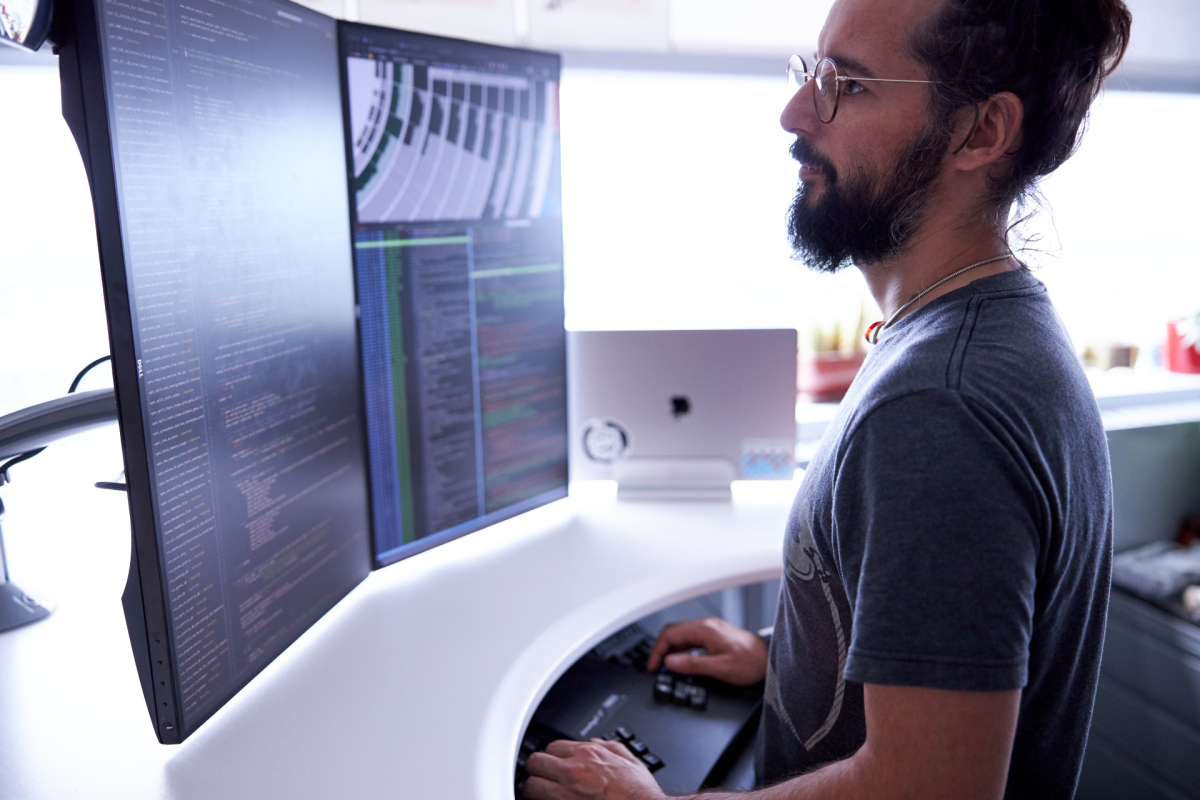- Departments
- HIFMB MPG Bridging Group for Marine Omics
HIFMB MPG Bridging Group for Marine Omics
Group Leader
MPI for Marine Microbiology
Celsiusstr. 1
D-28359 Bremen
Germany
|
Room: |
3224 |
|
Phone: |

The HIFMB-MPG-Bridging Group for Marine Omics, led by Prof. Dr. A. Murat Eren (Meren), is a cooperation between the Max Planck Institute for Marine Microbiology and the Helmholtz Institute for Functional Marine Biodiversity.
The group’s name refers to several emerging approaches of biology all carrying the suffix “-omics”, such as genomics, metagenomics, metatranscriptomics, pangenomics, or phylogenomics. Collectively these strategies enable detailed descriptions of the ecology and evolution of organisms in controlled environments or in their natural habitats through molecular surveys. “I am a computer scientist and microbial ecologist who studies microbial lifestyles through integrated use of ‘omics approaches to understand strategies by which microbes respond to and thrive in their ever-changing environments”, Meren describes his focus of research. “To achieve that, we develop software tools and molecular workflows that are inspired and driven by fundamental questions in microbiology.”
With the now-established bridging group, the Max Planck Institute for Marine Microbiology (MPIMM) and the Helmholtz Institute for Functional Marine Biodiversity (HIFMB) in Oldenburg aim at a closer cooperation in the field of microbial diversity research. The group combines the expertise of the MPIMM in the field of marine microbiology, molecular biology method development and in situ sensing with the capacity of the HIFMB to study biodiversity change, in particular the impact of changing environmental factors on microbial biodiversity, as well as the study of microbial adaptation strategies to changing environmental conditions. Activities of the group will be carried out both in Bremen and in Oldenburg, optimally utilizing the facilities, infrastructures and expertise of both institutions. The promotion of young scientists and empowering them with state-of-the-art computational strategies will be another focus of the group’s activities.